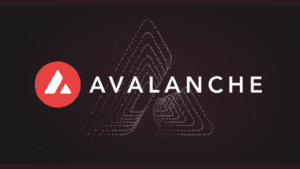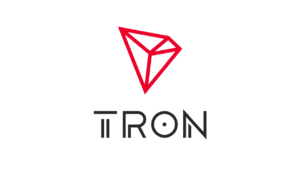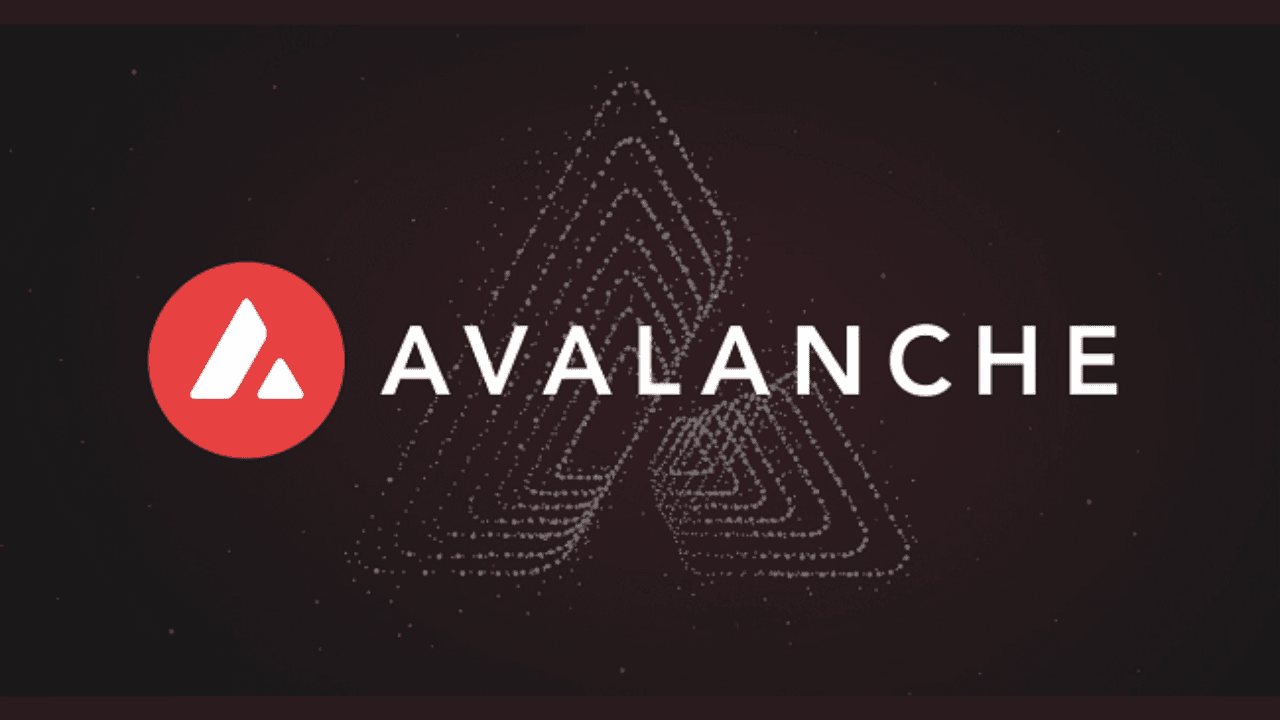In lieu of the Union Budget for 2022-23, the Government of India is now working on classifying cryptocurrency as goods or services under the GST law to levy taxes on the transactions conducted via the medium. 18% Goods and Services TAX (GST) applies to crypto-related exchanges, termed financial services. The Centre is working on classifying cryptocurrency under the GST law so that tax can be calculated on its entire value.
As iterated by GST officers, cryptocurrencies are similar to gambling houses, betting, or casinos and, therefore, must be charged 28% GST on the entire value. They further continued that if GST is levied on the whole cryptocurrency transactions, then the rate would be within 0.1-1%. However, their current focus is to classify it under the GST law and then officials would contemplate the rate.
“Discussions are in a nascent stage on the rate of tax, whether it would be 0.1 per cent or 1 per cent. First, a classification decision will have to be finalized, and the rate will be discussed,” said the official to PTI.
Table of Contents
ToggleThe Government to prioritize the classification of cryptocurrencies
Currently, GST does not offer a classification of cryptocurrency. In the absence of the law regulating such virtual currencies, this classification must be considered and, therefore, term these transactions as an actionable claim. An actionable claim is a claim made by the creditor for a debt other than the debt secured by the mortgage of immovable property.
Government to levy a 30% IT plus cess & surcharges on cryptocurrency transactions
The Financial Budget for 2022-23 has further clarified the level of income tax to be charged on the crypto-based assets. From April 1, 2022, a 30% IT plus cess and surcharges will be levied on such transactions. Therefore, it would be treated under gambling, lottery, and other similar transactions. Moreover, Budget 2022-23 also talked about the prospects of levying 1% TDS on payments of beyond INR 10,000 towards virtual currencies in a year and its further taxation. The threshold limit for TDS would be INR 50,000 a year, which includes individuals/HUFs who must get their accounts audited as per the IT Act.
The financial taxations related to 1% TDS will come into effect from July 1, 2022, while the gains will be taxed effective April 1, 2022. Moreover, the Government is working on drafting legislation for cryptocurrency regulation; however, no official statement has been released yet.













